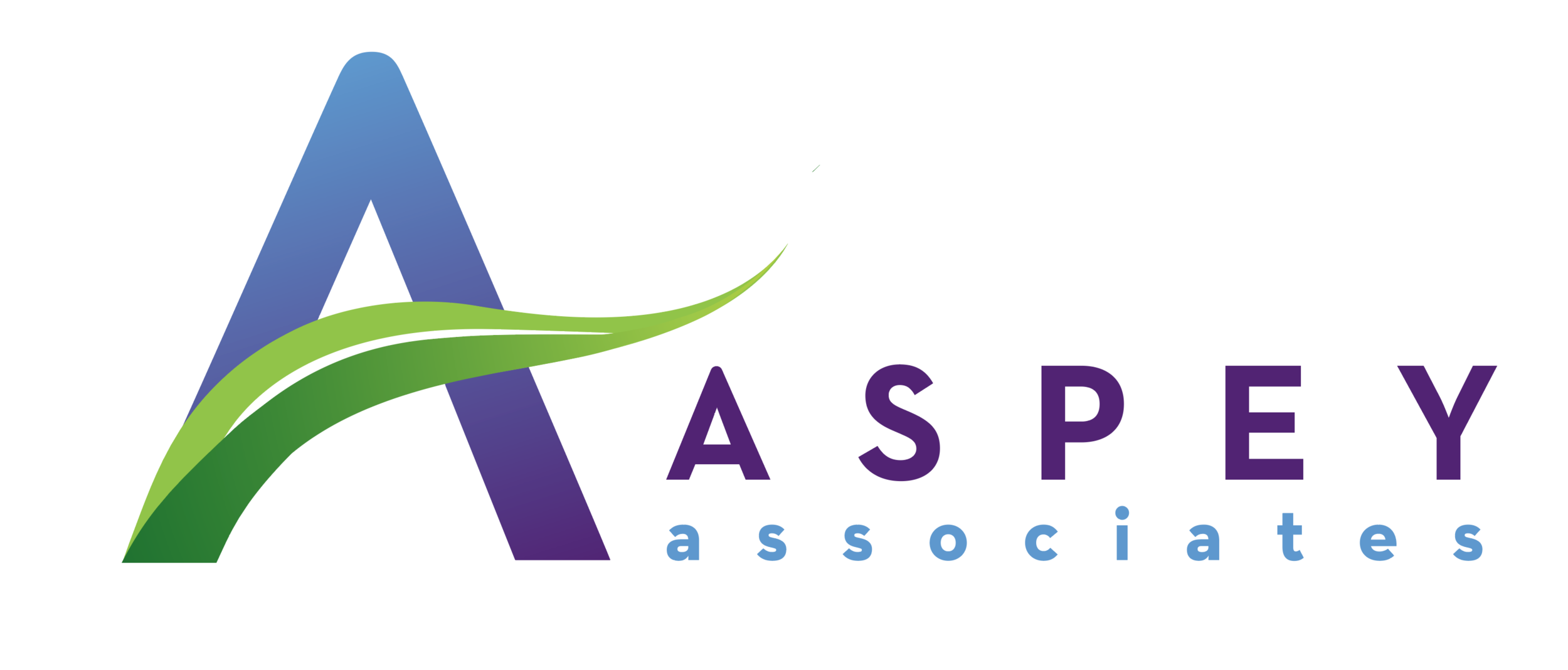In articulating the question, you're starting to formulate the answer
Whenever I’m delivering a keynote, teaching, or facilitating groups, people ask me questions.
Questions about how the ideas I'm offering might be used in their context, or what they could do if they encounter challenges, or how they should deal with a specific situation or person, and so forth.
And when I am coaching clients, or supervising other coaches, they too often ask me what I think. Sometimes they ask for advice.
In most cases, rather than answer them immediately, I ask, encouragingly, “What do you think?” or “What are your thoughts on it?” - and they almost always have something more to say. And it is frequently creative, intelligent, solution-oriented and satisfying for them. You can see them almost become lighter as the insight emerges.
There seem to be a lot of pervasive assumptions about questions - that people ask us questions because they don’t know the answer themselves, or that they are too lazy, or fearful to take risks, or overly dependent on someone else telling them what to think. That they really do need advice, input, help, someone else’s thinking. Our thinking.
Rarely, in my view, are these assumptions true.
Let’s explore this further.
Sometimes people complain that others only come with problems and not solutions - and they're possibly making these very same assumptions, that people need advice, input help etc. And when listening they might get impatient, or have a knee jerk ‘helpful' response, or their Advice Monster takes over and they just give them advice without even finding out more.
Yet in so doing, they kill the other person’s own thinking, often without realising it.
Because I believe that when people ask me a question or seek advice, whilst they may not yet have the answer, it's highly likely, if I ask them for their views, then give them my easeful encouragement and my generative, uninterrupted Attention, and time to think before I say another word, that they will formulate their own answer. We call it a Thinking Environment.
I know that their mind will think better in the presence of a question than it will in the presence of my answer. I’ve seen it time and time again. How their mind moves in waves, and then it pauses, before a new wave starts. It’s an amazing process to watch, as people make sense of something for themselves. In fact, I wonder how can we be so arrogant as to think we know better than they do?!
And so taking this even further, I now wonder, is their question already “the thinking”?
People don’t ask questions because they aren’t thinking, they already are.
It’s just the start. And in voicing the question that is bubbling up in their mind, they have begun to start the answer themselves. The waves of the mind are in motion. So when we step back and curb our Advice or Opinions Monster, we simply allow their thinking and voice to continue.
And so it strikes me that we could usefully re-examine what questions actually are. They're not the end of someone's thinking - they're the beginning.
So, if you knew that in articulating the question, they've started to formulate their own answer - what would you do?


